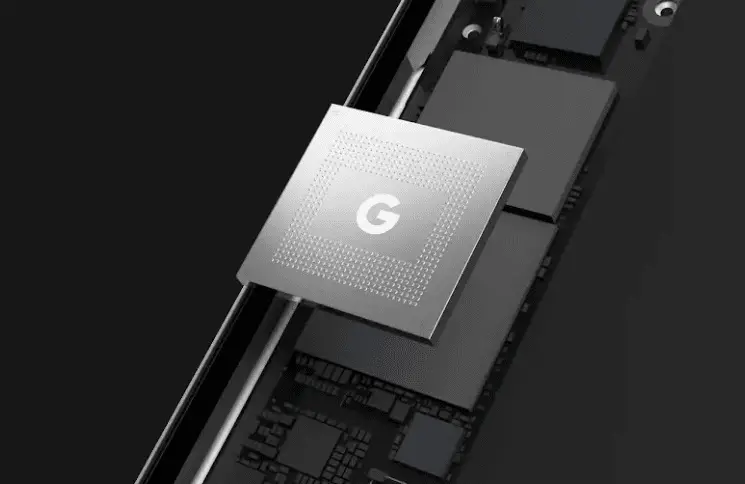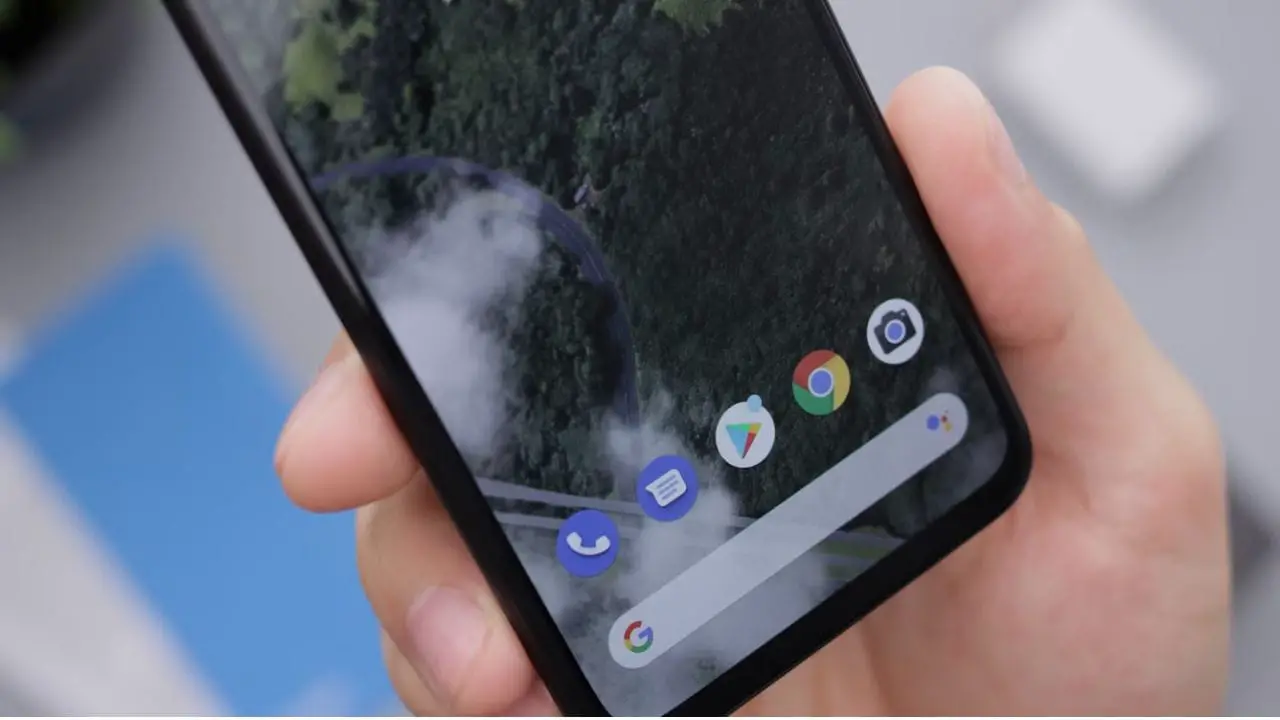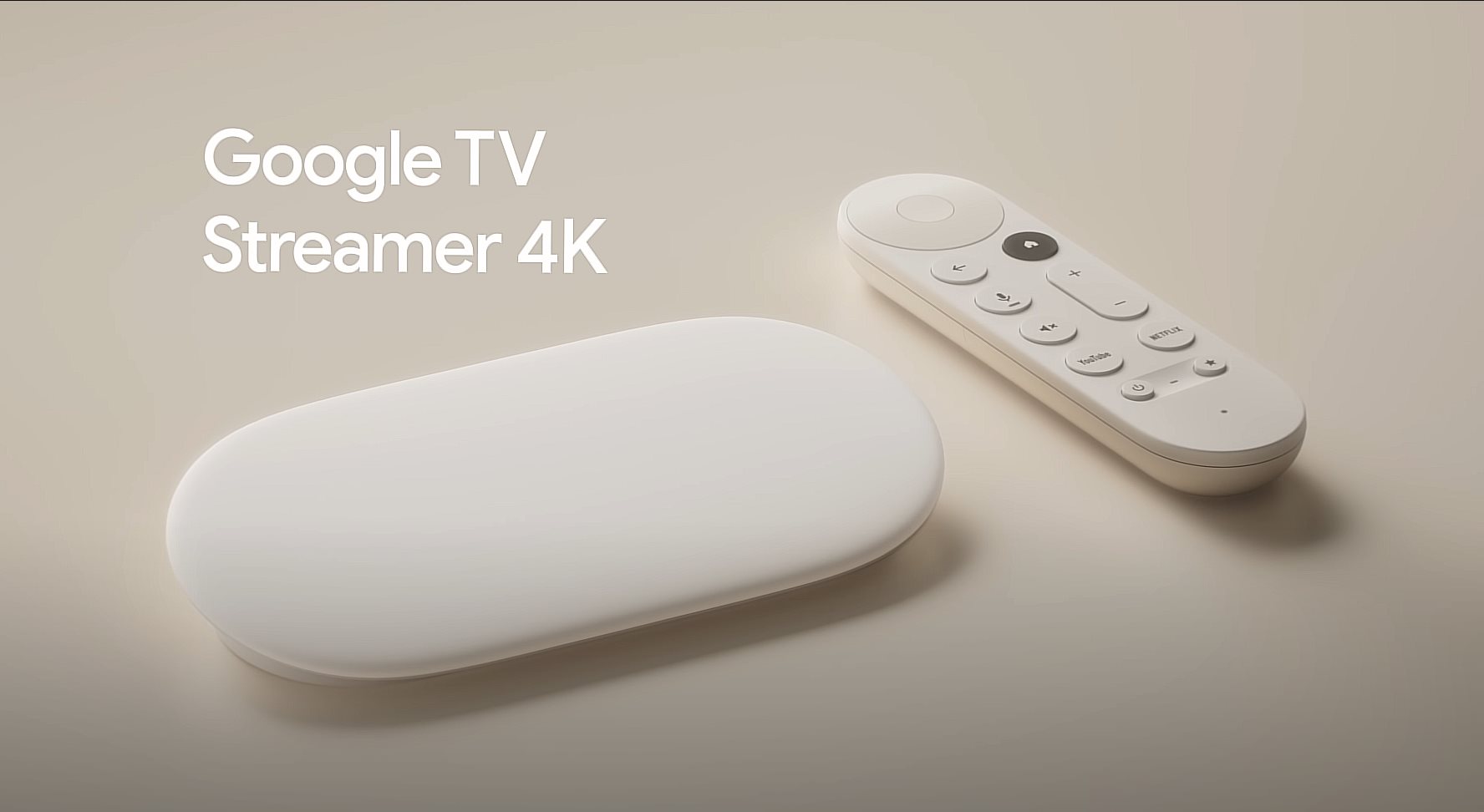Note: This is a guest post written by Jeeva Shanmugam – Google’s intentions to expand its Pixel portfolio are admirable, and the latest member, the Pixel 7a (check Craving Tech’s review out), announced at the I/O event, has left fans clamoring for more. However, the excitement among Android enthusiasts does not end there, as they eagerly await the launch of the Pixel 8 series.
The addition of the highly praised Tensor G3 CPU has heightened expectations for the next smartphones. Excitingly, new rumors have emerged, giving information on the processor that will power the Pixel 8, and providing exciting insights into the amazing capabilities it will give consumers.

Google Tensor G3: Significant Improvements
Kamila Wojciechowska, a well-known leaker who blogs for Android Authority, has made interesting claims regarding Google’s future Tensor G3 processor based on a reliable insider within Google. According to Wojciechowska, this revolutionary microprocessor has enormous potential for changing Google’s future devices.
While the Pixel Fold and Pixel Tablet will continue to use Tensor G2 technology, the G3 processor is expected to provide considerable improvements. Wojciechowska’s views give significant information on how the Tensor G3 engine will potentially alter Google’s devices, especially with the highly anticipated Pixel 8 due out later this year.
The highly anticipated Tensor G3 is set to revolutionize computing with its extraordinary CPU module, which has been completely redesigned to accommodate the revolutionary ARMv9 cores that will be introduced in 2022. Google has boldly embraced an inventive nine-core design for the G3, departing from the standard 4+2+2 core layout, resulting in a significant performance boost.
This cutting-edge Tensor G3 CPU module combination has four cutting-edge Cortex-A510 cores, four strong Cortex-A715 cores, and a single Cortex-X3 core. The addition of these sophisticated cores guarantees a huge increase in performance, allowing consumers to experience computing capabilities like never before.
One of the most exciting aspects of the incoming Pixel 8 processor is its multitude of intriguing possibilities, which adds to the device’s attractiveness. Notably, the Pixel 8 supports ARM’s newest Memory Tagging Extensions, a game-changing technology precisely designed to protect devices from harmful memory-based assaults. Users can be certain that their Pixel 8 smartphones are reinforced with an additional layer of protection, safeguarding the security of their data and the overall integrity of the device.
The Tensor G3 in the Pixel 8 represents a huge development in smartphone technology, delivering a remarkable array of cutting-edge functions. The breakthrough Arm Mali-G715 graphics processor, which outperforms its predecessors with an astounding 10-core boost, is one of its highlight components. This improved graphics performance takes the Pixel 8 to the forefront of mobile gaming and graphics-intensive applications, demonstrating Google’s consistent commitment to meeting the demands of dedicated gamers.
Furthermore, Google has cleverly used the G3 processor’s capabilities to smoothly incorporate artificial intelligence (AI), a growing trend in the computer sector. The foundation of this integration is Google’s own CPUs, which are powered by the amazing Tensor Processing Unit (TPU). Google has incorporated a significant enhancement termed “Rio” iteration with the Pixel 8’s G3, which is expected to give a significant gain in processing performance. This strategic decision demonstrates Google’s unwavering commitment to incorporating AI and machine learning capabilities into its remarkable smartphone portfolio.
The Pixel 8 has a significant improvement because of the inclusion of a sophisticated digital signal processor (DSP). This cutting-edge DSP handles critical activities including audio and picture processing, providing a considerable increase in efficiency and a quicker and more power-efficient Pixel 8 experience. Furthermore, a major change is the addition of an updated UFS controller.
The development of a cutting-edge UFS 4.0-compatible controller significantly improves Universal Flash Storage (UFS), the most popular storage type in smartphones. As a result, the Pixel 8 gets the capacity to read and write data to its storage medium at a faster rate than its predecessors. Along with the new DSP and upgraded UFS controller, the Pixel 8’s cutting-edge CPU, the Tensor G3, receives a full overhaul, giving unprecedented processing capability.
In addition to this increase, the Pixel 8 features stronger security measures to ensure the security of critical data, as well as breakthrough graphics capabilities that push the boundaries of visual perfection.



